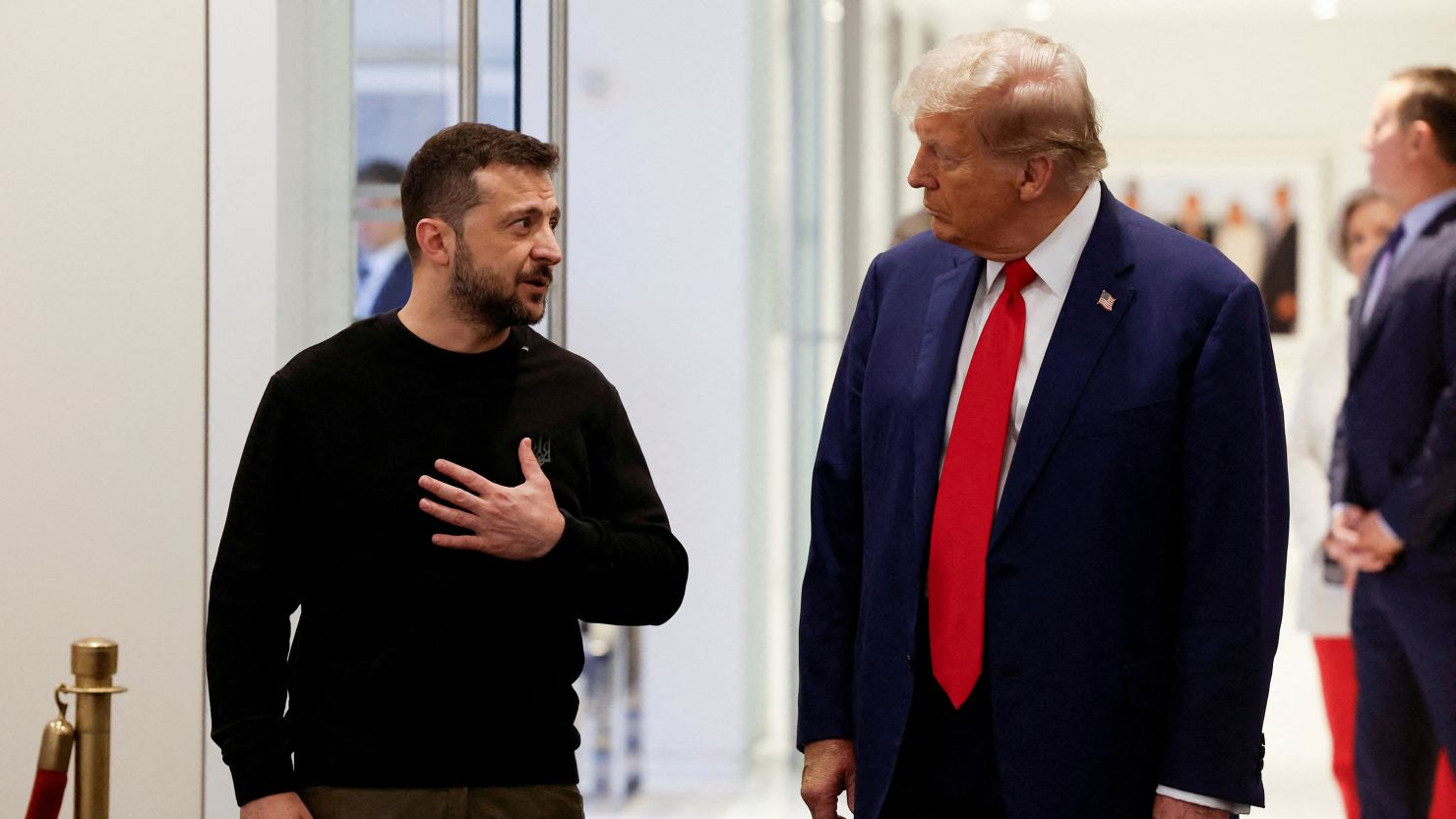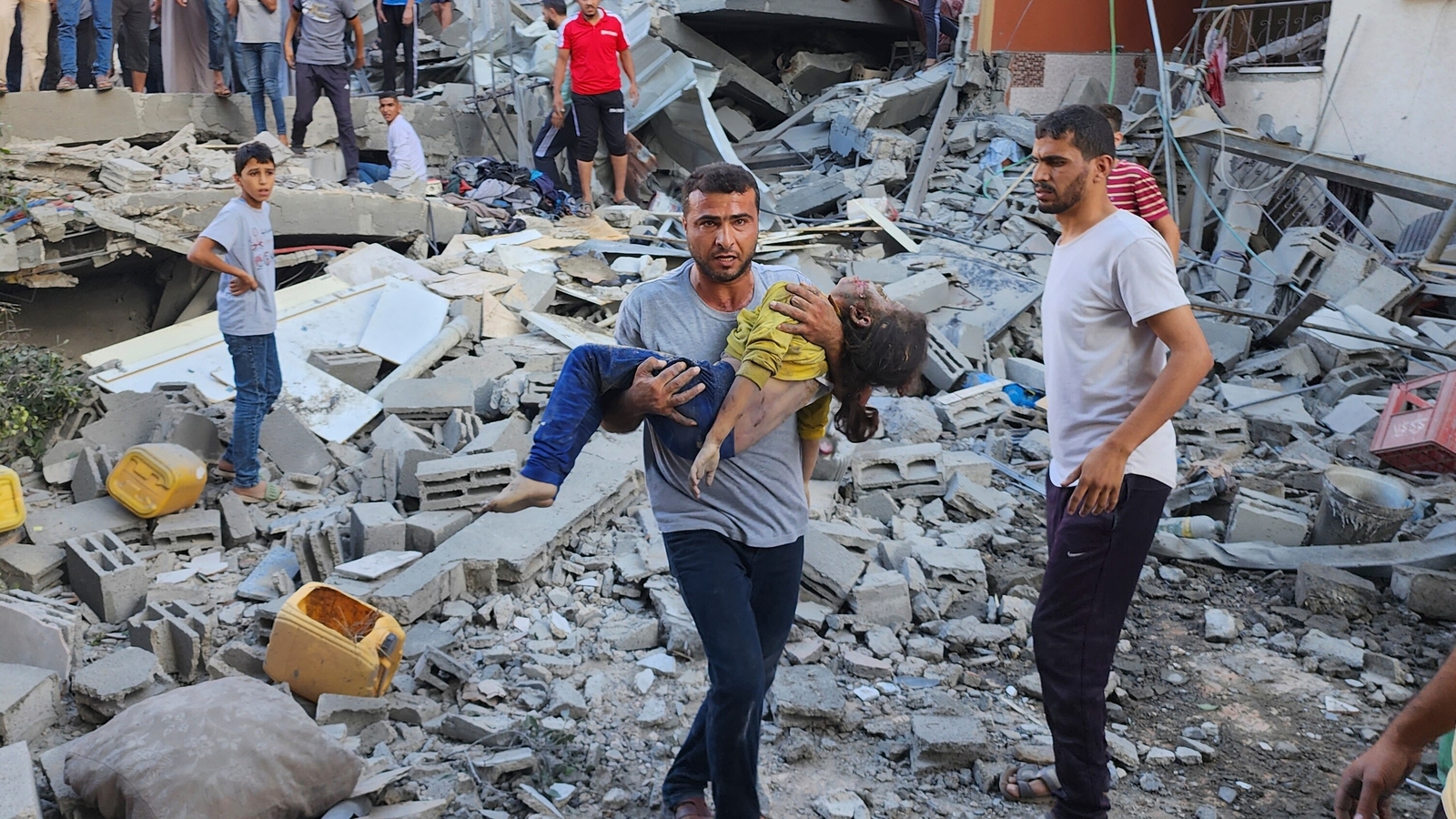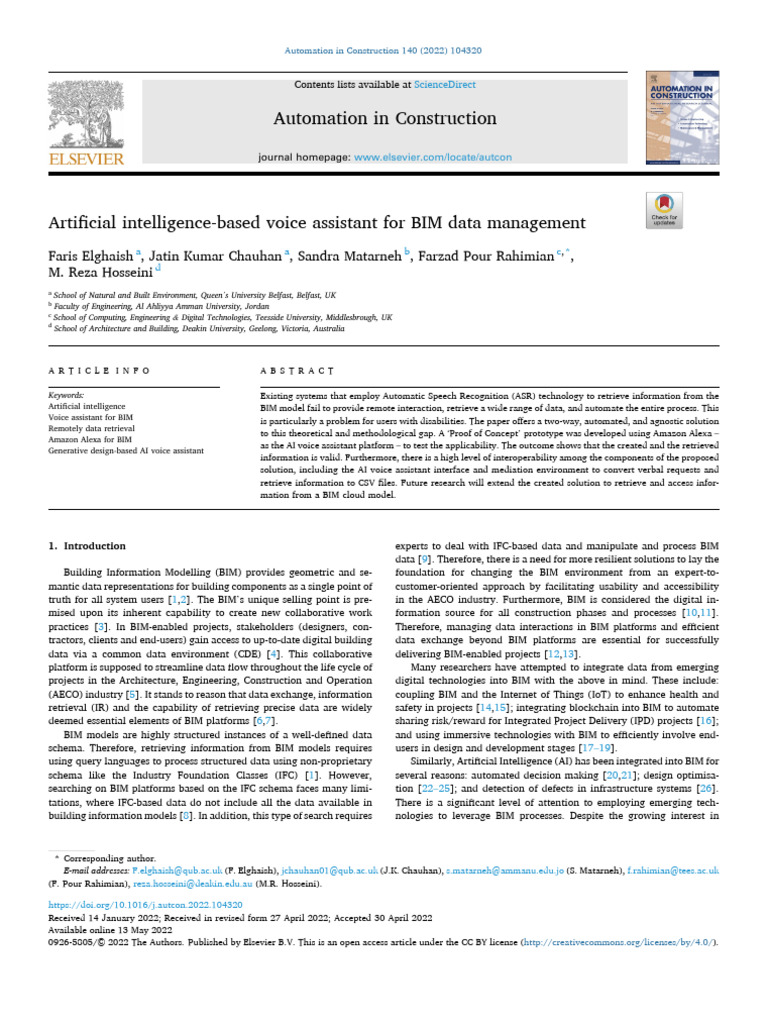US And European Pressure On Russia: Trump's Disruptive Role In The Ukraine Conflict

Table of Contents
Trump's Ambivalent Stance Towards NATO and European Allies
Trump's presidency was marked by a demonstrably ambivalent approach towards NATO and key European allies, significantly impacting the coordinated pressure on Russia concerning Ukraine. This undermined the unified front crucial to confronting Russian aggression.
Questioning NATO's Value and Burden-Sharing
Trump repeatedly questioned NATO's relevance and the fairness of burden-sharing among member states. His criticisms fueled uncertainty and eroded confidence within the alliance.
- Public Statements: Trump publicly labeled NATO "obsolete" and questioned the commitment of several European members.
- Impact on Transatlantic Relations: These statements strained transatlantic relations, hindering the collective response to Russian actions in Ukraine.
- European Defense Spending: While Trump's pressure did lead to some increases in European defense spending, it also fostered a sense of uncertainty and a potential for a less coordinated approach to security. This created an opening for Russia to exploit divisions within the alliance.
Strained Relationships with Key European Leaders
Trump's often-tense relationships with key European leaders, such as Angela Merkel and Emmanuel Macron, further hampered the coordinated pressure campaign against Russia. His confrontational style weakened diplomatic initiatives and created opportunities for Russia to exploit divisions within the EU.
- Strained Relations: Public disagreements and personal attacks on leaders like Merkel undermined trust and hampered cooperation on sanctions and diplomatic strategies.
- Impact on Joint Sanctions: The lack of a united front made it more challenging to implement and enforce effective sanctions against Russia.
- Exploiting Divisions: Russia deftly exploited these divisions, aiming to weaken the Western alliance's collective response to its actions in Ukraine.
Trump Administration's Policy Towards Russia and Ukraine
Trump's administration implemented a highly inconsistent policy toward Russia and Ukraine, characterized by shifting approaches to sanctions and diplomacy and overshadowed by significant controversies.
Shifting Approaches to Sanctions and Diplomacy
Trump's approach to sanctions against Russia was erratic, marked by periods of perceived leniency and hesitation to enforce existing measures. This inconsistency undermined the effectiveness of sanctions as a tool to deter Russian aggression.
- Delayed or Weakened Sanctions: Instances of delayed or weakened sanctions created doubt about the US commitment to holding Russia accountable for its actions in Ukraine.
- Impact on Russia's Behavior: This inconsistency arguably emboldened Russia, potentially contributing to further aggression in Ukraine.
- Implications for Ukraine's Security: The wavering US stance sent mixed signals to Ukraine and potentially diminished its security guarantees.
Controversies Surrounding Ukraine and the 2016 Election
Investigations into Russian interference in the 2016 US election and alleged connections to the Trump campaign deeply impacted US policy towards Ukraine, casting a shadow of doubt over Trump's actions and motivations.
- Mueller Report Findings: The Mueller Report detailed numerous contacts between the Russian government and individuals associated with the Trump campaign, raising concerns about potential collusion.
- Impact on Trump's Approach to Ukraine: These controversies fueled accusations that Trump was unduly soft on Russia and potentially prioritized personal political interests over national security concerns.
- Implications for Trust and Credibility: The controversies severely damaged the credibility of US foreign policy, weakening its ability to influence events in Ukraine and beyond.
The Impeachment Inquiry and its Fallout
The impeachment inquiry further complicated Trump's Russia policy and the overall pressure campaign against Russia, highlighting internal divisions and challenging the legitimacy of his actions.
- Impeachment Charges: Trump's impeachment included charges related to his dealings with Ukraine, alleging abuse of power and obstruction of Congress.
- Effect on US-Ukraine Relations: The impeachment proceedings further strained already tense US-Ukraine relations, causing uncertainty and hindering effective cooperation.
- Impact on the Broader Geopolitical Landscape: This internal political turmoil diminished US influence and weakened its ability to effectively lead the international response to Russian aggression in Ukraine.
The Impact of Trump's Actions on the Ukraine Conflict
Trump's actions, whether intentional or not, had a profound and arguably detrimental impact on the Ukraine conflict and the broader geopolitical landscape.
Emboldening Russia?
Some argue that Trump's inconsistent policies inadvertently emboldened Russia, contributing to further aggression in Ukraine.
- Russian Actions During Trump's Presidency: The annexation of Crimea and the ongoing war in Donbas continued under Trump's presidency, with minimal effective US response.
- Correlation between Trump's Policies and Russian Behavior: The perceived leniency in sanctions and the weakening of the Western alliance may have encouraged further Russian aggression.
Weakening the Western Alliance?
Trump's actions undeniably weakened the unity and effectiveness of the Western alliance in responding to Russian aggression in Ukraine.
- Impact on NATO Cohesion: Trump's public criticisms of NATO and his strained relationships with European leaders damaged the alliance's cohesion and effectiveness.
- Effects on Sanctions and Diplomatic Initiatives: The lack of a unified Western front hampered the effectiveness of sanctions and diplomatic efforts to resolve the conflict.
Conclusion
This article has examined the disruptive influence of Donald Trump's presidency on the US and European pressure campaign against Russia concerning the Ukraine conflict. Trump's ambivalent stance toward NATO, strained relationships with European leaders, and inconsistent approach to sanctions created significant challenges. The controversies surrounding Russian interference in the 2016 election and the impeachment inquiry further exacerbated the situation, potentially emboldening Russia and weakening the Western alliance's response. Understanding Trump's role in the Ukraine conflict is crucial for comprehending the conflict's future trajectory and the broader relationship between Russia and the West. Further research into the long-term consequences of Trump's policies is vital for effectively addressing future challenges in international relations. A thorough understanding of Trump's role in the Ukraine conflict, and the implications for future US policy towards Russia and the ongoing war in Ukraine, is essential.

Featured Posts
-
 Zhizn Vne Stseny Syn Tatyany Kadyshevoy Grigoriy Kostyuk
May 13, 2025
Zhizn Vne Stseny Syn Tatyany Kadyshevoy Grigoriy Kostyuk
May 13, 2025 -
 The Lingering Nightmare The Impact Of The Gaza Hostage Crisis On Families
May 13, 2025
The Lingering Nightmare The Impact Of The Gaza Hostage Crisis On Families
May 13, 2025 -
 As Roma Calificare In Optimile Europa League Dupa Victoria Dramatica Asupra Lui Fc Porto 3 2
May 13, 2025
As Roma Calificare In Optimile Europa League Dupa Victoria Dramatica Asupra Lui Fc Porto 3 2
May 13, 2025 -
 Exploring Culinary Connections India And Myanmars Food Festival
May 13, 2025
Exploring Culinary Connections India And Myanmars Food Festival
May 13, 2025 -
 Open Ai Unveils Streamlined Voice Assistant Creation At 2024 Developer Conference
May 13, 2025
Open Ai Unveils Streamlined Voice Assistant Creation At 2024 Developer Conference
May 13, 2025
